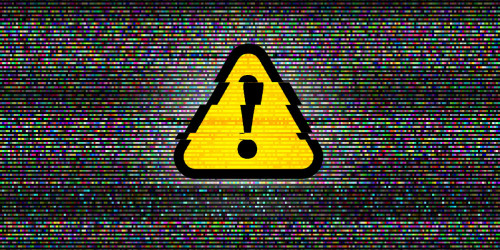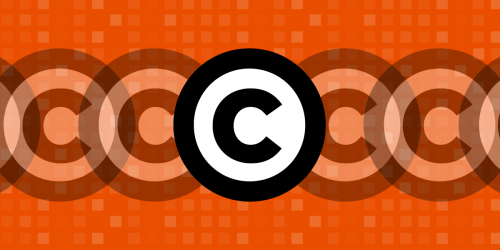The Ninth Circuit today issued its decision in the second of a trio of cases that raise the critical legal question of whether "magic words" in a end-user license agreement (EULA) slapped onto a consumer product can turn buyers (or gift recipients) into mere licensees, rather than owners. Following its previous ruling in the first of these cases, Vernor v. Autodesk, the court today said yes but there’s a twist.
The case (which we've covered previously) pits Blizzard, the maker of World of Warcraft, against MDY, the maker of a program called Glider (what Blizzard calls a "bot") that lets you play WoW on "auto-pilot" up to a certain level. Blizzard won in the district court, successfully arguing that WoW purchasers do not "own" their software, but merely "license" it. On this dystopian view, Blizzard owns every WoW DVD ever shipped for all eternity and may be able to use copyright law to punish WoW players who use the software in any manner not authorized by the "license" (like using Glider). The district court agreed, and MDY appealed.
Ownership matters, because otherwise Blizzard and other software vendors can wipe away important consumer rights with legalese contained in license agreements. For example, in Section 117 of the Copyright Act, Congress gave owners of computer software the right to use their legitimately purchased software without having to rely on permissions in license agreements but that right applies only to owners.
In September, the Ninth Circuit held that buyers of software (and possibly DVDs, CDs and other "licensed" content) are not owners as long as the vendor saddles the transfer with enough restrictions to transform what the buyer may think is sale into a mere license. Today, in yet another blow to user rights, the Ninth Circuit ruled that Blizzard’s license restrictions for WoW accomplish the same purpose.
However, the court also held that using Glider in WoW play in violation of Blizzard’s terms did not amount to copyright infringement. Blizzard had argued that MDY was secondarily liable for copyright infringement because it provided software that allowed users to play in unauthorized ways. Not so, said the appellate court, because there was no direct liability to begin with. The license term that forbade WoW players from using Glider was a covenant a promise not to do something rather than a condition limiting the scope of the copyright license. And while violating "antibot" covenants might breach a contract, it does not violate any copyright. (By contrast, creating a derivative work might.)
This point may seem a bit arcane, but it's crucial because it helps avoid a situation in which violating contracts and EULAs could result in a copyright infringement lawsuit (with the heavy club of statutory damages, attorney's fees and low standards for injunctions) rather than just a simple breach of contract claim. As the court observed:
Were we to hold otherwise, Blizzard or any software copyright holder could designate any disfavored conduct during software use as copyright infringement, by purporting to condition the license on the player's abstention from the disfavored conduct. The rationale would be that because the conduct occurs while the player's computer is copying the software code into RAM in order for it to run, the violation is copyright infringement. This would allow software copyright owners far greater rights than Congress has generally conferred on copyright owners.
There’s much more to this ruling for example, the court holds that the DMCA’s anti-circumvention provisions around access controls do not require some nexus with copyright infringement, contrary to several other appellate rulings. It’s a worrisome development indeed, and one that worked against MDY here (the court affirmed liability). This sets up a conflict between federal appellate circuits, which may eventually have to be resolved by the Supreme Court.
The issues raised in this trio of cases remain live Vernor has sought en banc review, and no decision has issued in the third case, UMG v. Augusto. We'll report on developments as they occur.








